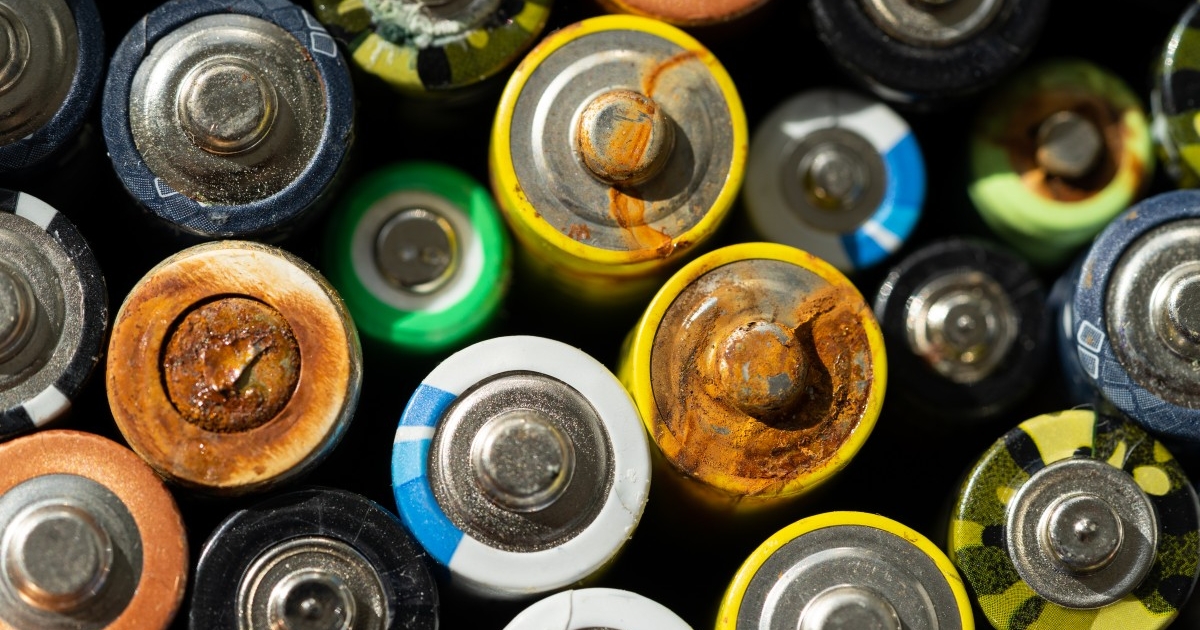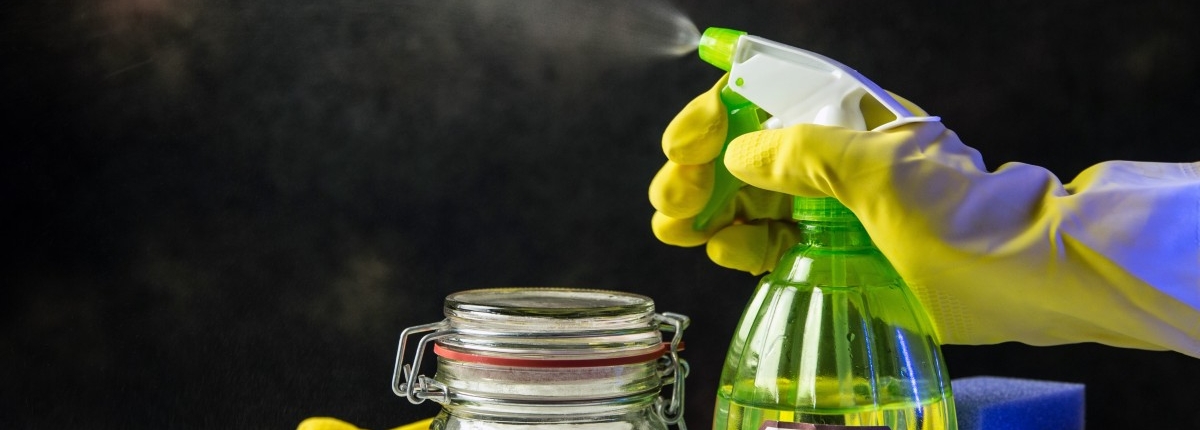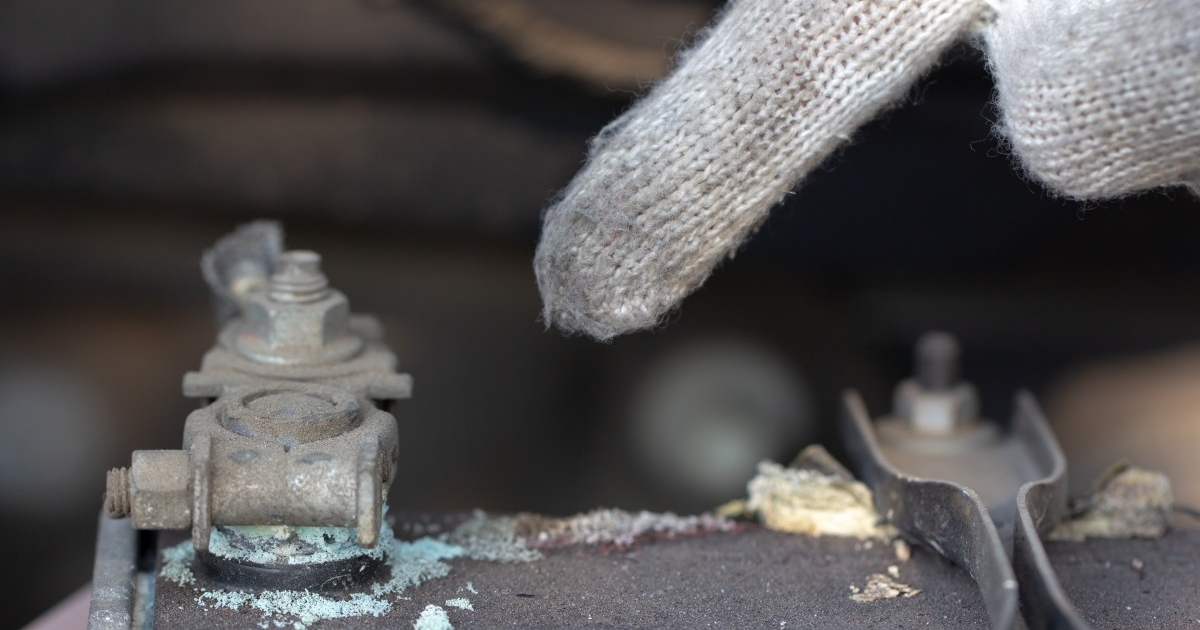How to Clean and Remove Battery Corrosion
Battery corrosion is a chemical reaction that occurs between the battery acid and the metal terminals of the battery. It can also occur on the battery cables and surrounding components. Battery corrosion typically appears as a white, green, or blue crusty substance.
Before you learn how to clean battery corrosion, you should be aware of a few different things that can cause battery corrosion, including:
- Overcharging or undercharging the battery: When a battery is overcharged, it produces too much hydrogen gas, which can escape and react with the air to form a corrosive substance. Undercharging the battery can also lead to corrosion, as the battery acid will become more concentrated.
- Leaks: If the battery casing leaks, the battery acid can come into contact with the metal terminals and surrounding components, causing corrosion. Leaks can be caused by physical damage to the battery, or by extreme heat or cold.
- Age: Batteries degrade over time, and as they do, they are more likely to corrode.
Steps to Clean Battery Corrosion
Baking soda and vinegar will clean battery corrosion. The baking soda neutralizes the battery acid, and a little vinegar (or lemon juice) reacts with the baking soda to break it down. Reference the information below to clean battery corrosion from standard alkaline batteries. The cleaning information can also be applied to car batteries.
Here’s everything you’ll need to remove corrosion in the battery compartment:
- White vinegar or lemon juice
- Baking soda
- Gloves
- Eye goggles
- Cotton swabs or a toothbrush
- Protect yourself
Wear safety glasses, a face mask, and gloves while you’re mucking around with battery corrosion, which is highly caustic. Protect your work surface with an old rag or a sheet of scrap cardboard. - Remove and dispose of the old battery
Remove the corroded battery from the device, and place it in sand or kitty litter in a sealable plastic bag (use a separate bag for each battery). - Neutralize the battery acid
Sprinkle some baking soda over the corrosion to neutralize the battery acid. Then dip an old toothbrush or cotton swab in vinegar or lemon juice so it’s soaking wet, and dab it on over the baking soda. Let it fizz for a couple of minutes, then scrub the corrosion away and rinse with clean, water-soaked cotton swabs.
Before you put new batteries in your device (i.e. flashlight), let the compartment dry completely. If the corrosion cannot be cleaned or the batteries have become damaged, you should consider replacement 18650 batteries.
Battery Corrosion Can Cause a Number of Problems
If you notice battery corrosion, it is important to clean it off as soon as possible. Once the corrosion is cleaned off, you should apply a dielectric grease or battery terminal protector to the terminals to help prevent future corrosion. Below is a list of common problems caused by corrosion.
- Reduced battery performance: Corrosion can make it difficult for the battery to conduct electricity, which can reduce its performance and shorten its lifespan.
- Poor electrical connections: Corrosion can build up on the battery terminals and cables, making it difficult for them to make good electrical contact. This can lead to starting problems, electrical system problems, and other problems.
- Damage to the battery and surrounding components: Corrosion can damage the battery terminals, cables, and surrounding components. In severe cases, it can even cause the battery to fail.
Here are some tips to help prevent battery corrosion:
- Keep the battery terminals clean and dry.
- Avoid overcharging or undercharging the battery.
- Inspect the battery regularly for leaks and damage.
- If you are not going to be using the battery for a while, remove it from the device and store it in a cool, dry place.
If you have any concerns about battery corrosion, or if you are unable to clean it off yourself, you should take the battery to a qualified technician.







